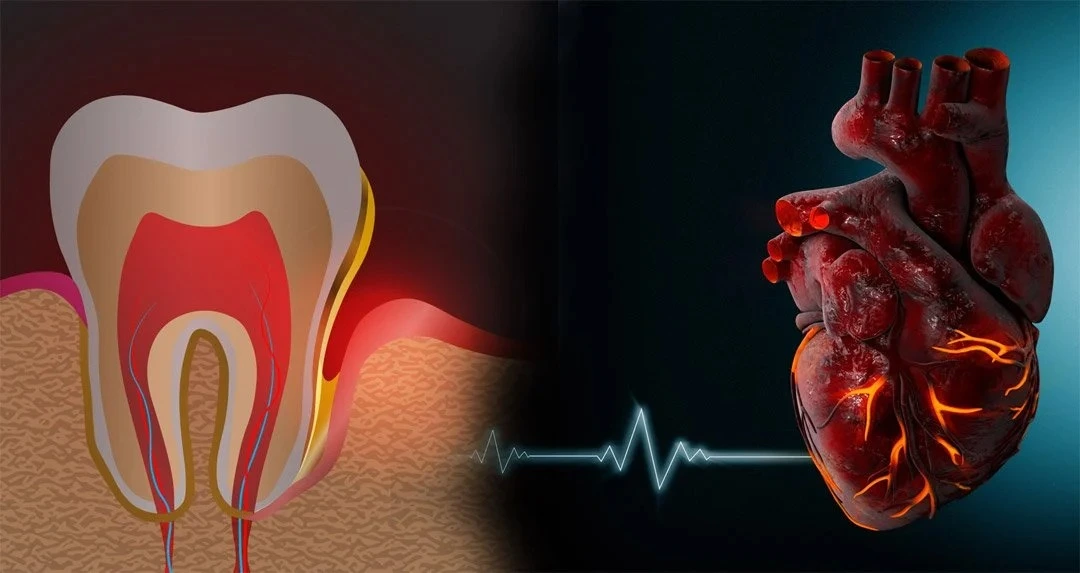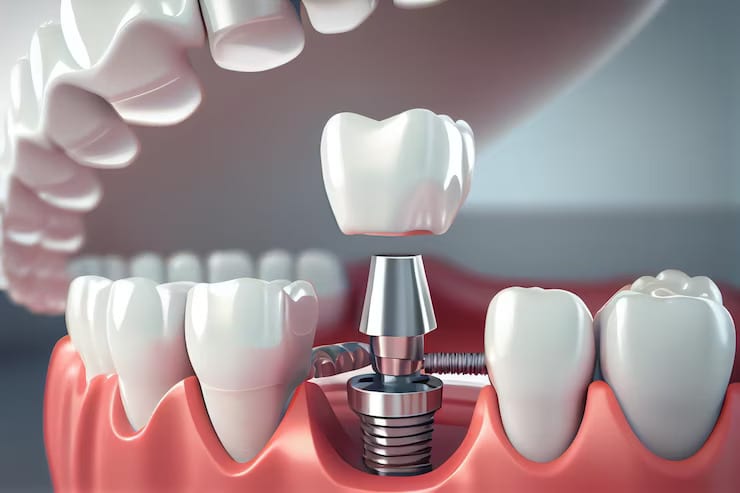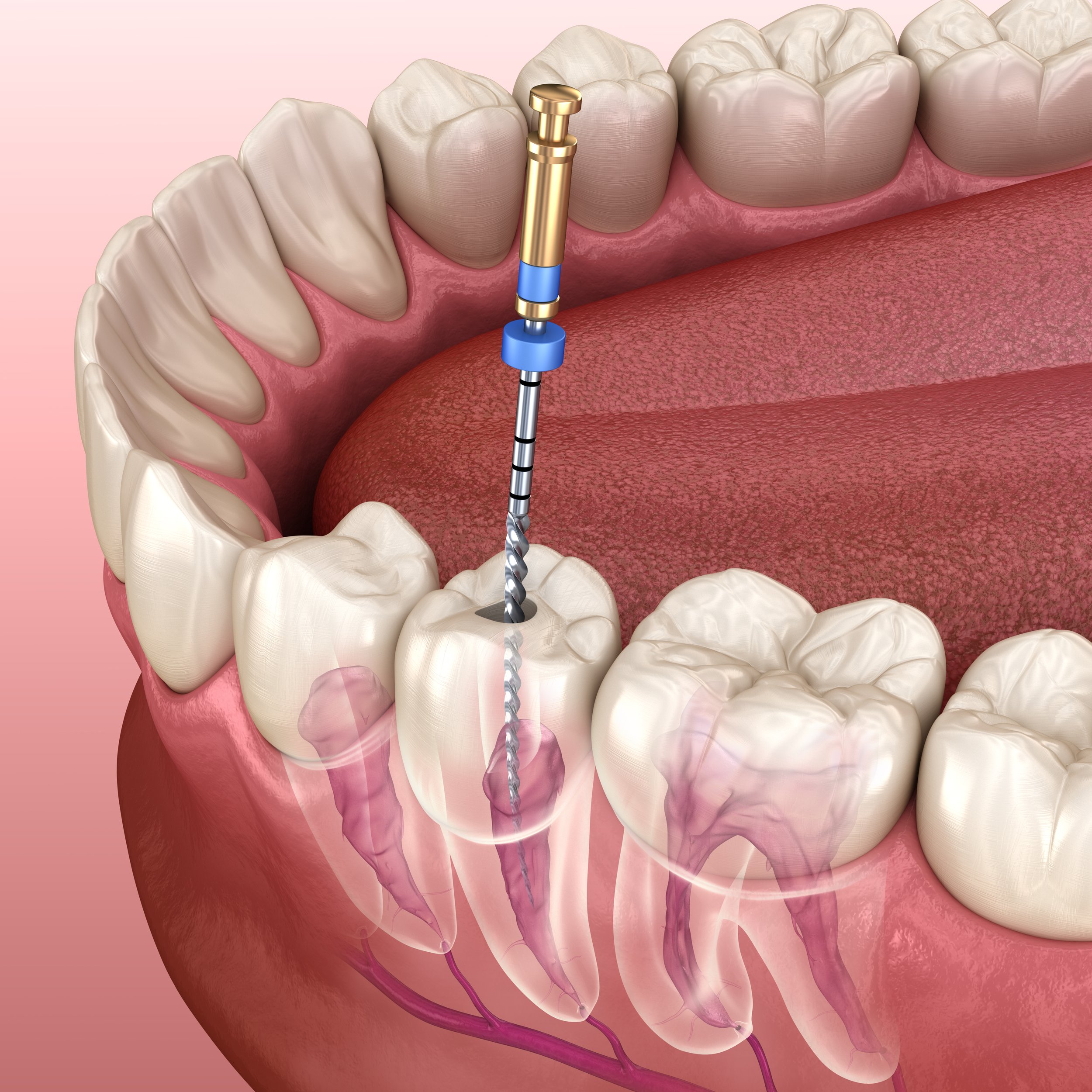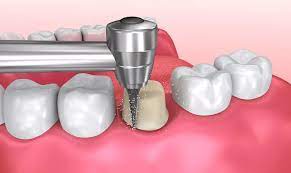
Did you know that your oral health could play a significant role in your overall well-being? Gum disease, a common oral health issue, is often overlooked. However, research suggests a potential link between gum disease and heart disease. Understanding this connection is crucial for taking better care of your oral and systemic health. If you’re looking for theBest Gum Disease Treatment in Kukatpally, visiting a trusted dental clinic can help you maintain a healthy smile and overall well-being.


What Is Gum Disease?
Gum disease, also known as periodontal disease, is an infection of the gums and the surrounding tissues that support your teeth. This condition is caused by the accumulation of plaque, a sticky film of bacteria that forms on teeth. If left untreated, gum disease progresses in stages:
. Gingivitis:
⦿ This is the earliest stage of gum disease.
⦿ Symptoms include red, swollen gums that bleed during brushing or flossing.
⦿ Gingivitis is reversible with proper dental care and oral hygiene.
. Periodontitis:
⦿ If gingivitis is untreated, it can progress to periodontitis.
⦿ This stage involves gum recession, the formation of deep pockets around the teeth, and eventual bone loss.
⦿ Advanced periodontitis may lead to loose teeth or tooth loss.
While gum disease is a common dental issue, its potential to affect other areas of your health—particularly your heart—makes it a serious concern.
How Are Gum Disease and Heart Disease Connected?
The connection between gum disease and heart disease stems from inflammation and the spread of bacteria from the mouth to other parts of the body. Here are the key factors linking the two conditions:
. Bacteria in the Bloodstream
When you have gum disease, harmful bacteria can enter your bloodstream through the inflamed gum tissues. Once in the bloodstream, these bacteria can travel to the heart and attach to damaged areas, contributing to the formation of arterial plaques.
. Chronic Inflammation
Gum disease triggers a chronic inflammatory response in the body. This inflammation can exacerbate existing cardiovascular issues or contribute to the development of new ones, such as atherosclerosis (hardening of the arteries).
. Damage to Blood Vessels
The bacteria and toxins associated with gum disease can damage the inner lining of blood vessels, disrupting blood flow and increasing the risk of heart attacks and strokes.
While more research is needed to fully understand the cause-and-effect relationship, the evidence suggests that maintaining good oral health is essential for cardiovascular wellness.




Risk Factors for Gum Disease and Heart Disease
Certain factors increase the likelihood of developing both gum disease and heart disease, including:
. Smoking:
Tobacco use is a leading risk factor for gum disease and heart disease.
. Diabetes:
Poorly controlled diabetes can worsen gum disease and increase heart disease risk.
. Poor Oral Hygiene:
Neglecting daily brushing and flossing promotes plaque buildup.
. Stress:
Neglecting daily brushing and flossing promotes plaque buildup.
By addressing these risk factors, you can reduce your chances of developing complications from gum disease and heart disease.
Signs and Symptoms of Gum Disease
Early detection of gum disease is crucial for effective treatment. Watch out for the following symptoms:
⦿ Bleeding gums, especially while brushing or flossing
⦿ Swollen, red, or tender gums
⦿ Persistent bad breath
⦿ Receding gums or teeth that appear longer
⦿ Loose or shifting teeth
Best Dental Clinic in Best Dental Clinic in KPHBfor a thorough evaluation and treatment.



Preventing Gum Disease and Protecting Your Heart
Here are practical tips to prevent gum disease and safeguard your heart health:
. Maintain Excellent Oral Hygiene
⦿ Brush your teeth twice daily with fluoride toothpaste.
⦿ Floss daily to remove plaque from between your teeth and along the gumline.
⦿ Use an antibacterial mouthwash to reduce bacteria in your mouth.
. Schedule Regular Dental VisitsRoutine check-ups at theBest Dentist in Kukatpally can help detect gum disease in its early stages. Professional cleanings remove tartar that cannot be eliminated through regular brushing and flossing.
. Quit Smoking
Smoking is a major risk factor for gum disease and heart disease. Quitting can significantly improve your oral and overall health.
. Adopt a Heart-Healthy Diet
A balanced diet rich in fruits, vegetables, whole grains, and lean proteins can boost your immune system and support gum health.
. Be Proactive About TreatmentIf you notice signs of gum disease, seek treatment promptly at a clinic known for providing the Best Gum Disease Treatment in KPHB. Early intervention can prevent the progression of gum disease and reduce associated health risks.
Treatment Options for Gum Disease
The treatment approach for gum disease depends on its severity. Common options include:
. Periodontitis:
⦿ Scaling and root planing remove plaque and tartar from above and below the gumline.
. Antibiotic Therapy
⦿ Topical or oral antibiotics may be prescribed to eliminate infection-causing bacteria.
. Surgical Treatments
⦿ Advanced cases of periodontitis may require flap surgery or bone grafting to restore gum health and support.
The Best Dental Hospital in Kukatpally offers personalized treatment plans to address your specific needs and ensure optimal results.


Why Choose the Best Dental Clinic in Kukatpally?
When it comes to your oral health, choosing the right dental care provider is essential. The Top Dental Clinic in Kukatpally offers:/p>
⦿ Advanced diagnostic and treatment techniques for gum disease
⦿ A team of skilled and experienced dentists.
⦿ A patient-centric approach to care
⦿ Guidance on maintaining oral hygiene for long-term health
The link between gum disease and heart disease highlights the importance of maintaining good oral health. By addressing gum disease early and effectively, you can reduce your risk of developing serious cardiovascular conditions. If you suspect gum disease or want to maintain optimal oral health, don’t wait. Visit our QDental Clinic, it provides theBest Treatment for Gum Disease in Hyderabad Best Treatment for Gum Disease in Hyderabad
Gum disease can lead to chronic inflammation, which is linked to various systemic health conditions, including heart disease, diabetes, and stroke.
Individuals with poor oral hygiene, smoking habits, diabetes, or a family history of heart disease are at higher risk for both conditions.
It’s recommended to visit our best dentist in Hyderabad every six months for check-ups and cleanings to prevent and manage gum disease effectively.
Visit our trusted dental clinic in Kukatpally for expert gum disease treatment to protect your oral and overall health.